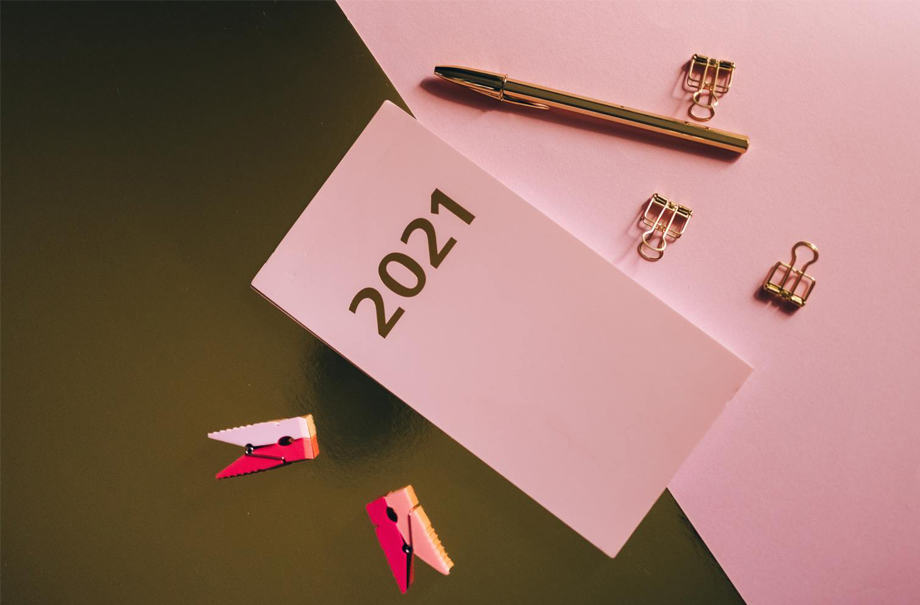Understanding Cognitive Biases:
- Cognitive biases are systematic deviations from rational thinking.
- They shape our decisions and judgments, often leading to errors.
Explored Biases:
- Empathy Gap:
- We underestimate how emotions affect our future decisions.
- Examples: Struggling with diets during stress or reacting emotionally in relationships.
- Gambler’s Fallacy:
- Belief that future outcomes depend on past random events.
- Example: Assuming success is “due” after a series of failures.
- Hot Hand Fallacy:
- Misbelief that success in random events increases the likelihood of continued success.
- Example: Overconfidence after repeated successes in investments.
- IKEA Effect:
- We overvalue things we’ve helped create.
- Application: Co-creation in business boosts customer commitment.
- Temporal Discounting:
- Preference for immediate rewards over larger, delayed rewards.
- Examples: Choosing junk food now despite long-term fitness goals.
- Decoy Effect:
- Preferences shift when presented with a strategically placed third option.
- Example: Medium-priced popcorn influencing large popcorn purchases.
- Planning Fallacy:
- Underestimating time, costs, and risks while overestimating benefits.
- Solutions: Add buffer time and realistic value estimates.
- Illusory Correlation:
- Seeing connections where none exist.
- Example: Attributing marketing success to unrelated factors.
- Law of Small Numbers:
- Drawing conclusions from insufficient data.
- Example: Assuming a product is excellent based on a few positive reviews.
Takeaways:
- Recognize these biases to make better, more rational decisions.
- Apply insights in personal and professional contexts for improved outcomes.
Podcast: Play in new window | Download






